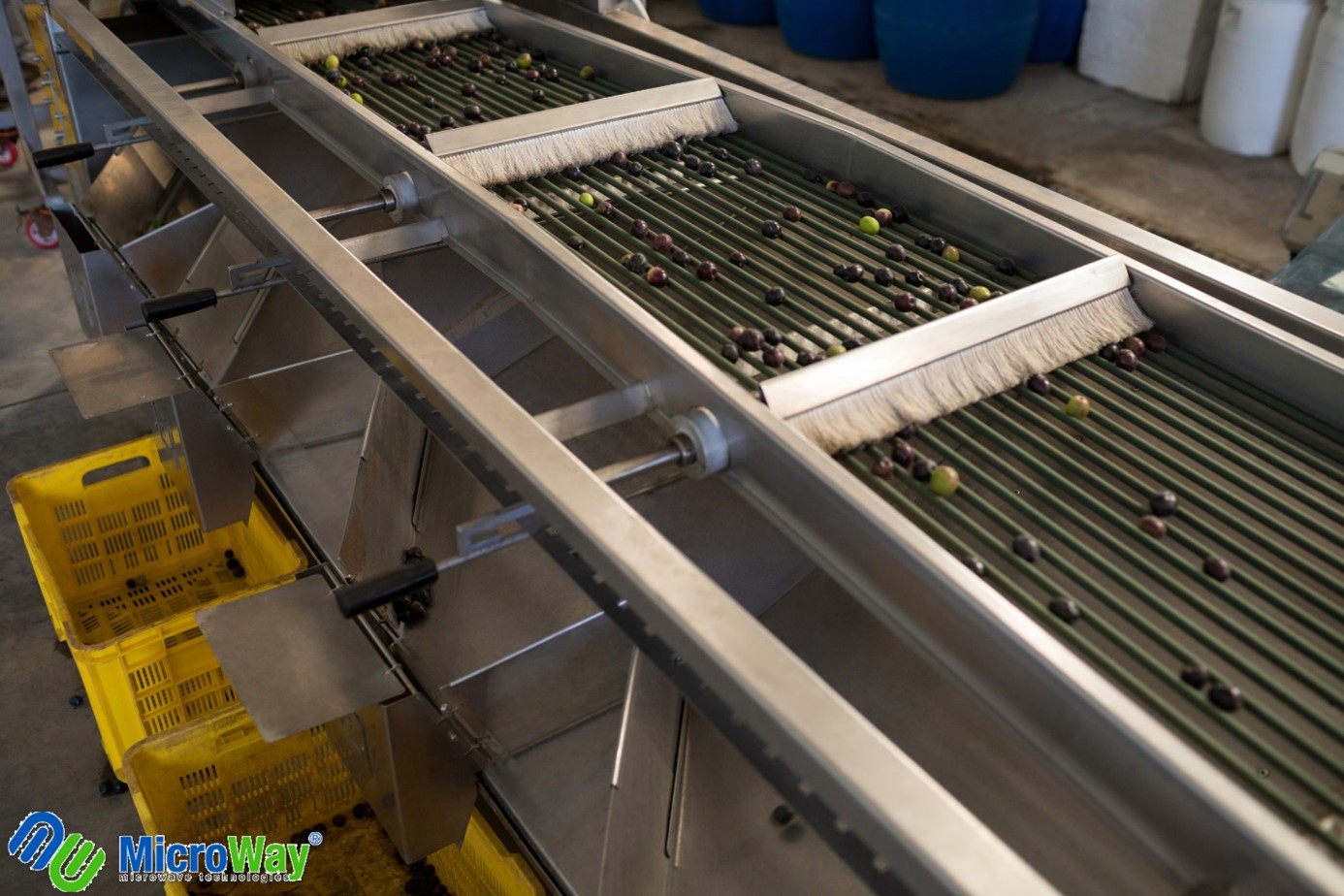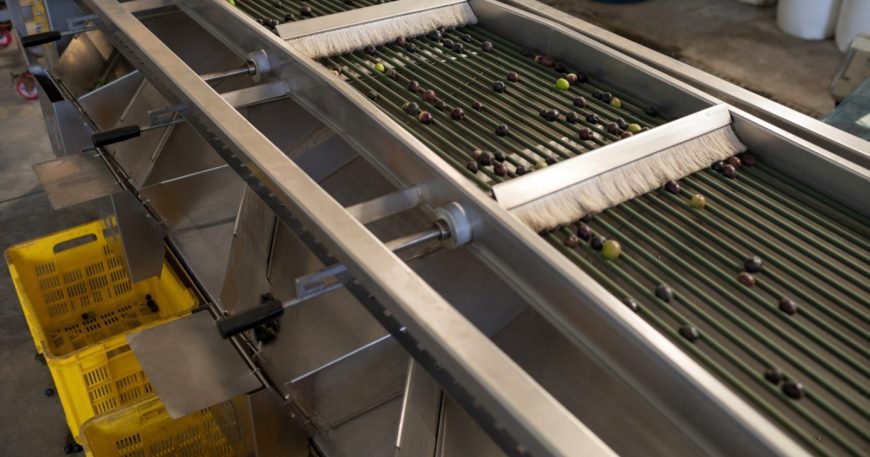 Introduction:
Introduction:
Conveyor systems have played a pivotal role in the advancement of industrial processes, streamlining the movement of goods and materials within various sectors. From their humble beginnings to the sophisticated systems of today, conveyors have become indispensable in manufacturing, distribution, and logistics. This article explores the evolution of conveyor systems and their diverse applications in modern industries
Historical Overview:
The concept of systems dates back to ancient times when laborers used manual methods to transport heavy loads. The first mechanized conveyor was introduced in the late 18th century, featuring a basic belt system powered by hand cranks. As industrialization progressed, so did the development of conveyor technology. The early 20th century witnessed the emergence of motorized conveyors, enhancing efficiency and productivity in factories.
Types of Conveyor Systems:
- Belt Conveyors: These are the most common type, utilizing a continuous belt loop to transport materials.
- Roller Conveyors: Employing rollers to move goods, these conveyors are ideal for handling heavier loads.
- Screw Conveyors: Utilizing a helical screw blade, these conveyors are effective for moving bulk materials vertically or horizontally.
- Chain Conveyors: Featuring interlinked chains, these conveyors are suitable for heavy-duty applications like automotive assembly lines.
Technological Advancements:
Recent decades have seen significant technological advancements in systems. Automation, sensor integration, and computerized control systems have revolutionized how conveyors operate. Intelligent conveyor systems can now adapt to changing production demands, optimize energy consumption, and provide real-time monitoring for maintenance purposes.

Applications of Conveyor Systems:
- Manufacturing: Conveyors are widely used in manufacturing to transport raw materials, components, and finished products across different stages of production.
- Distribution Centers: In logistics and distribution, conveyors facilitate the efficient movement of packages, reducing manual handling and accelerating order fulfillment.
- Mining Industry: Systems are essential in the mining sector for transporting bulk materials such as coal, ore, and minerals.
- Food Processing: Hygienic conveyor systems play a crucial role in the food industry, ensuring the safe and contamination-free movement of food products.
Challenges and Future Trends:
While systems have greatly improved industrial processes, challenges such as maintenance costs and environmental impact persist. Future trends in technology include the integration of artificial intelligence, predictive maintenance algorithms, and the development of more sustainable materials for construction. Get acquainted with the production capacity of the Microway brand.


